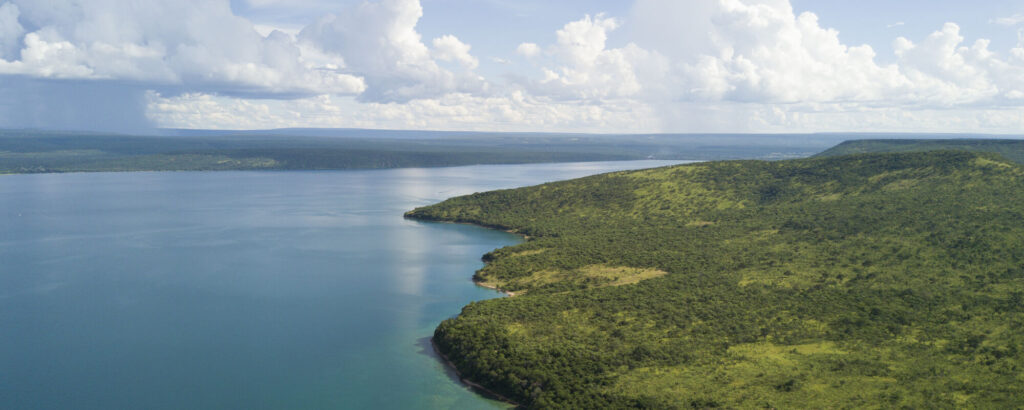Where is Burundi | Location | Country Profile & Attractions
Burundi is located in the Great Lakes region in east-central Africa. Neighbouring Tanzania, Rwanda Democratic Republic of congo, Burundi has a coast with Lake Tanganyika. She is also called the heart of Africa because of her appearance on the world map. Bujumbura was the capital city of Burundi until 2019. On January 16th, 2029, Gitega was declared the new capital city of Burundi. There are different claims about capital change, but it’s mostly related to the political condition in the country.
The former Burundi capital, Bujumbura, had always been at the center of years of civil war in the country. The Burundi government believes that changing the capital to Gitega will help stabilize the situation in the country.
The Things You Should Know About Burundi.
Burundi is a thin nation with an astonishing diversity of scenery, from soaring elevations to lakeshore beaches. Nevertheless, considering that the civil war broke out in 1993, only the most fearless voyagers have seen the nation first-hand. Aiming at learning and acquiring more information about this landlocked East African country from jogging bans to banana beer. Below we have a few more interesting facts about Burundi to get you started.
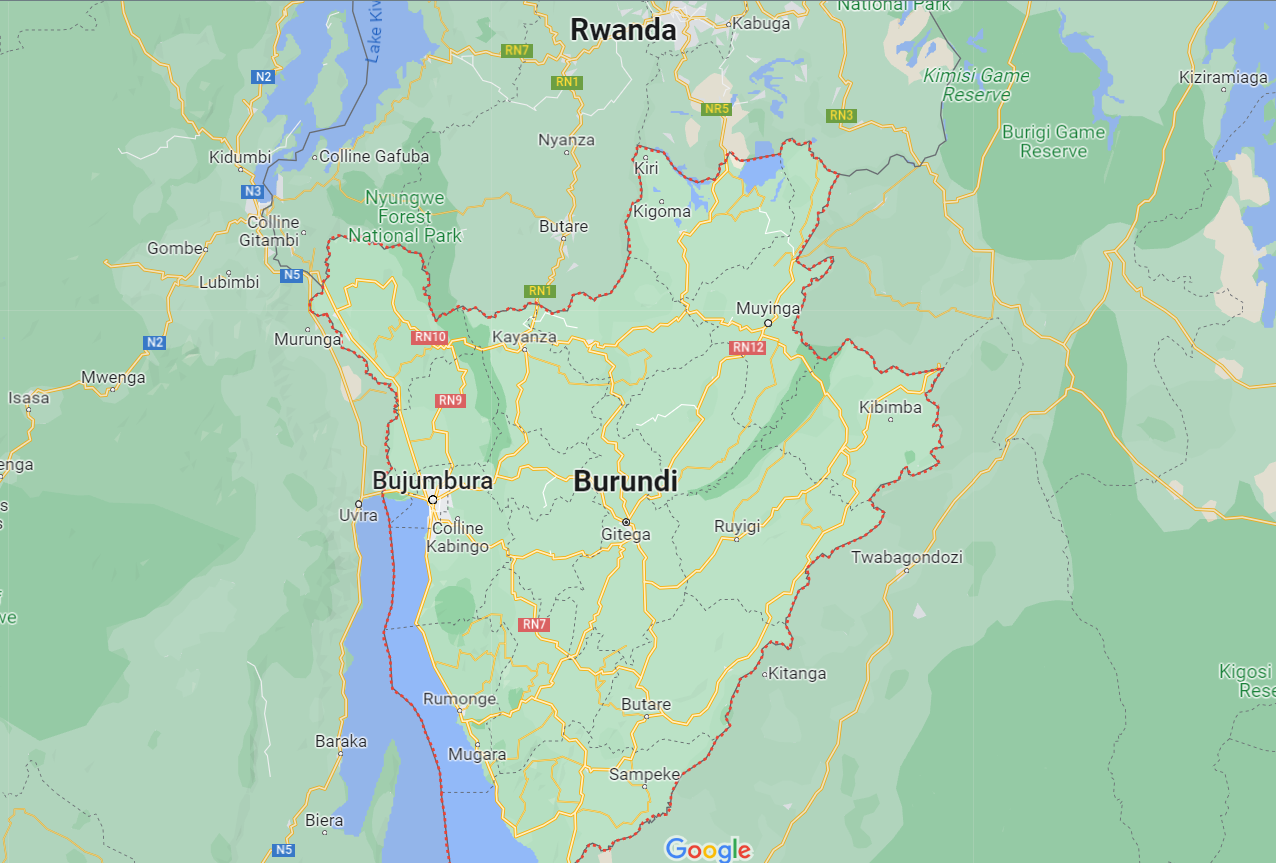
Where is Burundi? Facts at a Glance
- Capital Gitega (Political)
- Largest City: Bujumbura (Economic)
- Official Languages: Kirundi, French and English
- Currency: Burundian Franc (FBu)
- Time Zone: UTC +2 (CAT)
- Calling Code: +257
- Burundi is home to the world second longest freshwater lake
- Burundi is home to a notorious man-eating crocodile
- The government banned jogging in Burundi
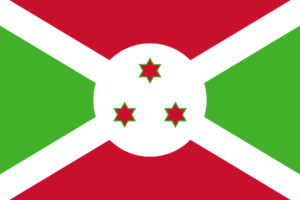
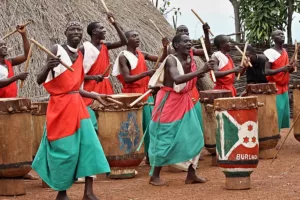
Facts About Burundi
Burundi has two capital cities
It is official that Burundi has two capital cities. Bujumbura is the biggest city and main port of Burundi. Bujumbura ships most of the nation’s exports, such as coffee, cotton, and tin. Bujumbura is and has continued to be the city’s profit-making capital. In 2019, the political capital was transferred from Bujumbura to Gitega by the Burundi government making it the latest capital city in the world. The city enjoys a more central location, unlike Bujumbura, located in the west on the shores of Lake Tanganyika. It was also formerly the capital of the Burundian monarchy.
Burundi is home to the world second longest freshwater lake
Lake Tanganyika is the world’s second oldest freshwater lake, the second deepest, and the second largest by volume. Lake Baikal in Siberia is the only lake greater than Lake Tanganyika. The one record Lake Tanganyika holds is being the longest freshwater lake in the world. The lake spreads across four countries, with most of it (46%) in Tanzania and the Democratic Republic of Congo getting a share of 40%. The other two countries that possess the lake are Burundi and Zambia. Lake Tanganyika’s waters flow into the Congo River system, ultimately ending up in the Atlantic Ocean.
Burundi is home to a notorious man-eating crocodile
Gustave the crocodile is an enormous male Nile crocodile in Burundi. He’s a notorious man-eater and it is rumored that he killed as many as 300 people on the Ruzizi River banks and northern shores of Lake Tanganyika, although this is very difficult to verify. Local herpetologist Patrice Faye recognized and named the crocodile in the late 1990s after spending years studying him. There’s even a documentary film about the disputable living things called “Capturing the Killer Crocodile” which was aired on PBC.
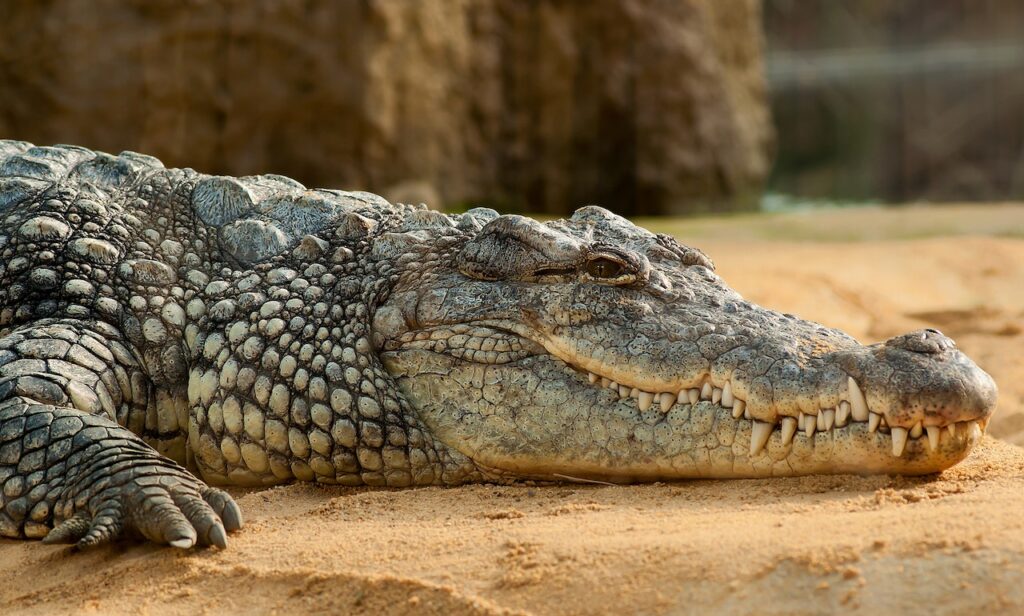
The government banned jogging in Burundi
In 2004, the Burundian politician Pierre Nkurunziza banned jogging. This is because, during the ethnic conflicts that occurred so many years ago, Burundi residents started the tradition of Saturday early morning jogging. This was done to persuade fearfulness and bitterness with the re-enforcing of government control, they would go out in a group and jog. Being fearful that it was a cover for sabotage, the president banned it altogether. Residents who can’t live without exercising are therefore advised to either join a jogging club or register with the government. There is also an option of choosing from one of nine approved venues. Even then, you’ll likely need to endure some light questioning from the police.
Local currency and local languages
The most common question asked by tourists is “What is the local currency and local language” of a particular destination. Well in this case, the franc is the currency of Burundi. It is nominally subdivided into 100 centimes, although coins have never been issued in centuries since Burundi began issuing its own currency. Only during the period when Burundi used the Belgian Congo franc were centime coins issued. Although Burundian francs is the local currency, hotel staff and owners prefer receiving payments in dollars ($).
Burundi’s official language is Rundi (Kirundi). This Bantu language is the standard medium of communication throughout the nation. Although Kirundi is the official medium of communication, people in Burundi also speak French and Swahili. Swahili is the language of trade and is widely spoken in Bujumbura as French is. Please note that Rundi is spoken by both the Hutu and Tutsi people.
